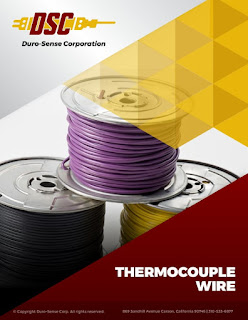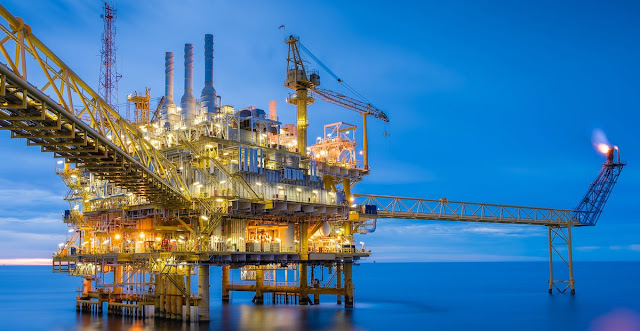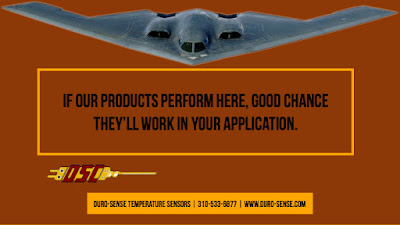The global push towards a hydrogen-based economy is gaining momentum as countries invest heavily in this clean energy source worldwide. From production to storage and transportation, hydrogen technology is evolving rapidly, with industrial thermocouples playing a crucial role in ensuring safety and efficiency across the entire value chain.
Hydrogen production methods are diversifying, with green hydrogen leading the charge. Electrolysis, the process of splitting water into hydrogen and oxygen using electricity, requires precise temperature control to maximize efficiency. Industrial thermocouples monitor electrolyte temperatures in alkaline and proton exchange membrane (PEM) electrolyzers, helping operators maintain optimal conditions for hydrogen generation. In high-temperature electrolysis using solid oxide cells, thermocouples become even more critical, measuring temperatures up to 1000°C to prevent cell degradation and ensure longevity.
For blue hydrogen production, where natural gas is reformed and the CO2 is captured, thermocouples are essential in monitoring steam reformer temperatures, often exceeding 800°C. These devices help optimize the reforming process, balancing efficiency, catalyst life, and equipment integrity.
Hydrogen storage presents unique challenges that thermocouples help address. Liquid hydrogen storage must maintain cryogenic temperatures of -253°C. Specialized thermocouples provide accurate readings at these extremely low temperatures, preventing boil-off and ensuring safe storage conditions. For high-pressure gas storage, thermocouples monitor compression heat, helping prevent overheating and potential material embrittlement.
Temperature control is crucial for both charging and discharging processes in metal hydride storage systems, where hydrogen is absorbed into metal alloys. Thermocouples embedded in these storage units help manage the exothermic absorption and endothermic desorption reactions, optimizing storage capacity and release rates.
Hydrogen transportation relies heavily on temperature monitoring for safety and efficiency. In hydrogen pipelines, thermocouples track temperature fluctuations that could indicate leaks or unexpected reactions. Thermocouples continuously monitor insulation effectiveness and overall system integrity for liquid hydrogen transport in cryogenic tanker trucks.
Thermocouples play a vital role in the precooling process at hydrogen refueling stations. As hydrogen is dispensed into vehicles at high pressure, it must be cooled to prevent the vehicle's storage tank from overheating. Thermocouples ensure the hydrogen reaches the correct temperature before dispensing, typically around -40°C.
In fuel cell applications, from vehicles to stationary power systems, thermocouples monitor stack temperatures to prevent hotspots and ensure optimal operating conditions. This is particularly important in proton exchange membrane fuel cells, where water management is critical for efficiency and longevity.
The manufacturing processes for hydrogen equipment also rely heavily on thermocouples. In producing carbon fiber tanks for high-pressure hydrogen storage, thermocouples monitor curing temperatures during the filament winding process, ensuring the structural integrity and safety of the final product.
As hydrogen blending in natural gas networks becomes more common, thermocouples will monitor mixing stations and end-use appliances to maintain safe combustion characteristics despite varying hydrogen concentrations.
In the realm of hydrogen safety, thermocouples serve as early warning systems. In storage facilities and production plants, these devices can detect temperature spikes that might indicate a leak or an unwanted reaction, allowing for rapid response to potential hazards.
The development of hydrogen-powered aircraft represents another frontier where thermocouples will be indispensable. From monitoring cryogenic fuel systems to managing heat in hydrogen combustion turbines, these sensors will be crucial for the safety and efficiency of future zero-emission flights.
As the hydrogen economy expands, we expect increased demand for specialized thermocouples tailored to these applications. Manufacturers are already developing new alloys and designs to withstand the unique conditions of hydrogen infrastructure, from cryogenic temperatures to high-pressure and potentially corrosive environments.
The transition to a hydrogen-based economy offers a path to significant carbon emission reductions across multiple sectors. As countries invest in production capacity, storage solutions, and transportation infrastructure, the role of industrial thermocouples in ensuring the safety and efficiency of these systems becomes increasingly vital. These unassuming yet critical devices will continue to evolve alongside hydrogen technologies, underpinning the temperature monitoring needs of this clean energy revolution and helping to build a more sustainable future.













